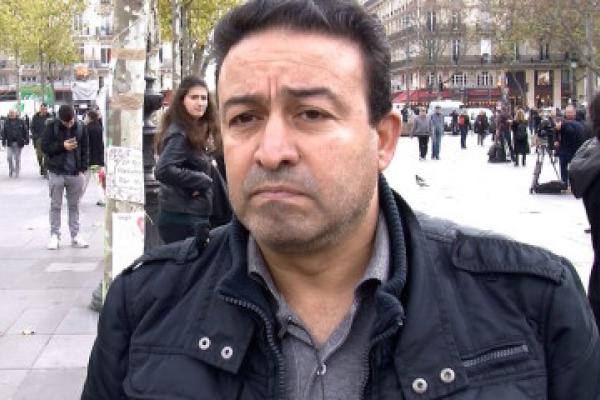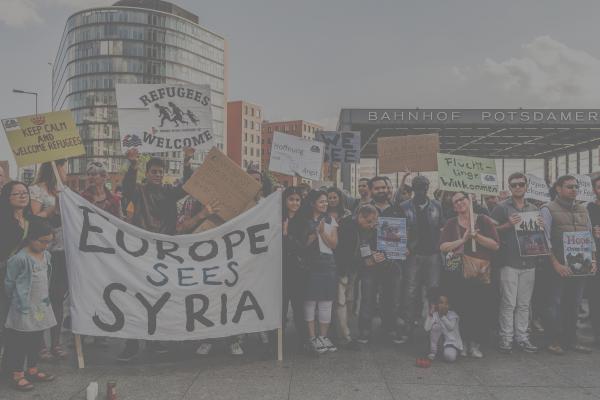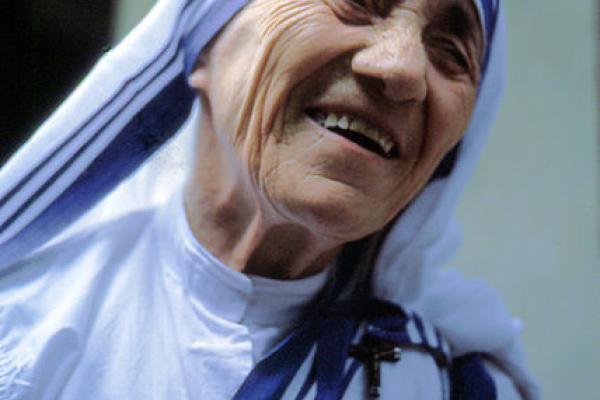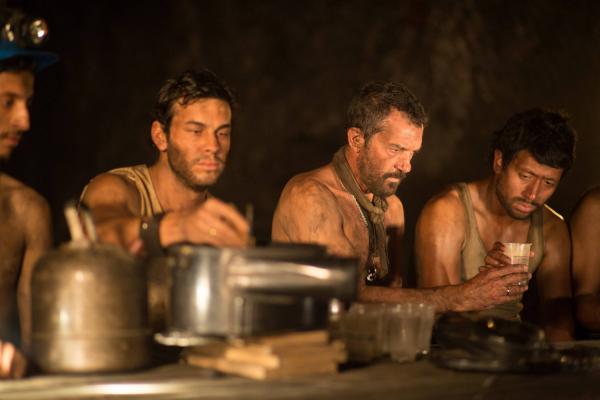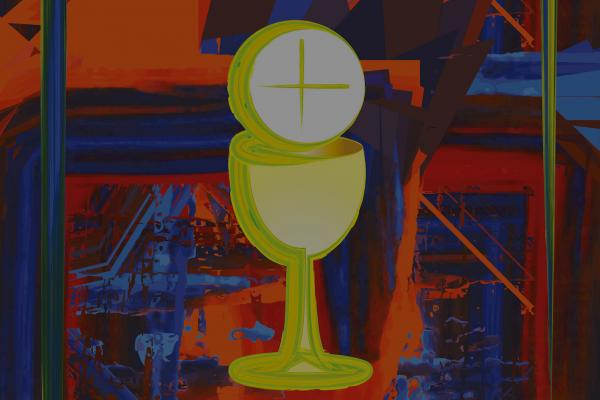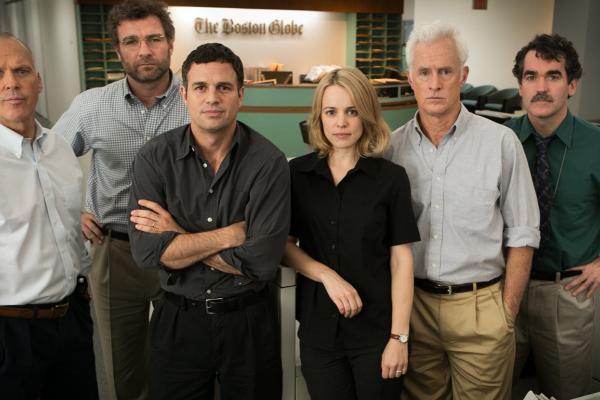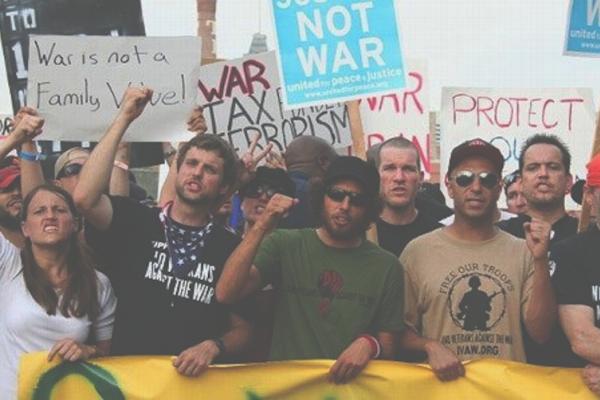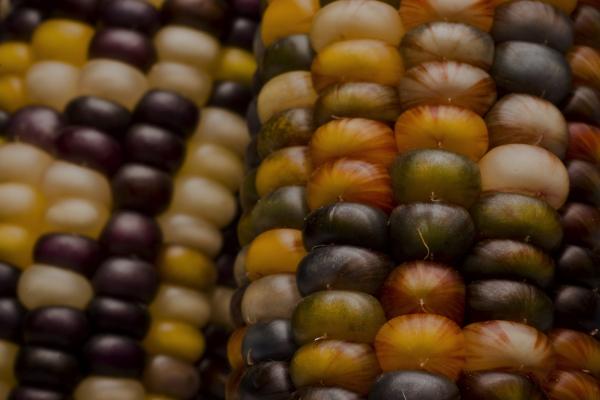Shortly after the string of deadly, near-simultaneous attacks around the French capital, Faical Ouertani got a call from distraught friends in Tunisia.
“Their grandchildren were out celebrating a birthday,” the French Muslim said of two youngsters, also Muslims, who were shot by the assailants at a restaurant.
“They were probably among the first victims. Today, one is in the hospital; the other one is dead.”
Christian groups are strongly condemning the anti-refugee rhetoric coming from top GOP leadership this week, reports POLITICO.
In the wake of the Paris attacks, many in the U.S. media speculated that one or more of the attackers had entered France as refugees from Syria, prompting state senators, governors, and even U.S. presidential candidates for the GOP to vow to close U.S. borders to Syrian refugees altogether.
These statements are being decried by Christians nationwide, including those with more historically conservative positions on immigration and foreign policy.
The Vatican has announced that Pope Francis will canonize Mother Teresa in September 2016, according to Gerard O’Connell with America magazine.
Known for her zealous commitment to serving the poor, Teresa of Calcutta’s beatification process was one of the shortest in modern history, and was completed on Oct. 19, 2003, by Pope John Paul II — just six years after she died in 1997.
The 33, a dramatization of the 2010 San Jose mine collapse in Chile, has all the markings of a Hollywood tentpole film. Heartfelt, incredible true story: check. Touching human drama: check. Stirring score: check (it’s one of the last created by composer James Horner before his death in June, giving it extra poignancy). There are more lines about “not giving up” than there are tears in an Oscar acceptance speech. The 33 fits the end-of-year crowd-pleaser profile in every way.
The 33 tells the famous story of the collapse of the gold mine in Chile’s Atacama desert from three different perspectives.
I’ve thought about this obedience to vulnerability in light of the current conversation our nation has been having about the refugee crisis, in particular since the attacks in Paris this weekend. The fearful calls to close our border have been disheartening, especially as we begin to enter the season of Advent. Jesus, as God incarnate, saw our sin and flaws and darkness — our hostility even — to the Light and still made himself vulnerable to live among us and die at our hand. Through the cross he offered a generous hospitality to us while we were still enemies of God — a feast of himself, for us to taste and see that God is good.
It should not be any different for us as followers of Christ. As any Christian knows, being part of the Body of Christ is often a dangerous proposition. We are in danger of getting hurt any time we come into contact with another person. We will sin against each other, we will experience conflict, and if we’re doing it right, we’ll bear each other’s suffering. We are knit together with people we may not typically associate, people who view the world in ways we may find misguided at best and dangerous at worst. It doesn’t matter — we’re still invited to the same feast and we’re still joined together in the same family, drinking out of the same cup the way family members and close friends do.
Early in the film Spotlight, about the Boston Globe investigative reporting team that exposed the decades-long cover-up of sex abuse by Catholic church leaders, a Globe reporter is shown at Mass with her grandmother. The priest, launching his homily, says, “Knowledge is one thing. Faith is another.”
In a simplistic film, this binary statement might set the tone for a black-and-white portrait of journalists as pure heroes and people of faith as solely hypocrites and worse. But Spotlight works with characters not caricatures; not one-dimensional heroes and villains, but real people who sometimes choose expediency and sometimes courage. No one is shown to be flawless, not even the reporters and editors who do great good in bringing to light systemic crimes.
But the movie does illustrate quite clearly one tension between knowledge and faith: The guardians of institutions, including churches, can fear knowledge to the point of pathology.
There we were, a group of political musicians, arm in arm, leading the populace. And we didn’t really know what to sing. The irony of the situation stuck with me. The power of our songs had gathered the people. But once the people gathered, where were the songs for that day's movements?
2008 was the year that most people got to know my group Flobots and our music, especially through the national release of Fight With Tools. 2008 was also a historic election year. Eight years later, as we prepare to release our album in 2016, the country is gearing up for another decisive election. And as division grows, some artists are singing out, and some movements are finding their refrains. This timing is significant.
When we look at the movements happening today, we see everyday people seeking to resist violence, racism, and destruction. We see raised voices crying out for transformation. It is critically important that they succeed.
Thanksgiving. That word holds profound meaning for Americans, most of it nostalgic. I remember in grade school when our classes would present Thanksgiving pageants that retold the story of Thanksgiving. We all know it by rote:
The pilgrims were persecuted in England (probably because the men wore buckles on their hats, culottes, and white stockings — who does that?). Anyway, in 1620, they got in a boat and sailed to America, where they met brown people in paper cutout, feathered headdresses and hand-me-down 1970s fringe vests and wrangler jeans. The pilgrims said “Hi!” and the headdress people (called “Indians,” for no good reason) said “How!” When the pilgrims realized they didn’t know how to cook the food in this “new world,” the Indians showed them how to cook cornbread, cranberry sauce, and collard greens (or at least that’s how the story went in my school). Turkeys were plentiful in the new world, so when the hat buckle people and the headdress people held a feast in November of 1621 to celebrate their new friendship, a turkey sat at the center of the table.
This is the way modern adults struggle to teach children the foundations of our nation’s history. What will it take for us to face our history head on — to face the sinful foundations upon which we stand?
Q: Al-Qaida is al-Qaida. Hamas is Hamas. But the Islamic State can be “ISIS,” “ISIL,” and “Daesh.” Why so many names?
A: Put the group’s Arabic name into the translation machine, and you get different renderings in English.
The first part of the original name — Dawlat al-Islamiyah f’al-Iraq w Belaad al-Sham — is straightforward: “Islamic State in Iraq.” But you’ve got some room for disagreement on “Sham,” which can be “Syria” or “Greater Syria” or “the Levant.” Go with “Syria” and the acronym becomes “ISIS.” If you choose “Levant,” your acronym is “ISIL.”
You could also say the “Islamic State,” the name the group now prefers. But many call that wrongheaded or offensive or both. It is not a state. And there is nothing Islamic about it, said Imam Sayyid M. Syeed of the Islamic Society of North America.
“It’s misusing the name of Islam in such an ugly way,” he said.
Bill Maher is known for his often vitriolic rhetoric against religion, especially Islam. But the comedian was actually raised Catholic. When Maher stopped by the Late Show to chat with Stephen Colbert, America’s most famous Catholic invited him to give Catholicism another try.
Their conversation was clearly tongue-in-cheek, but you can certainly feel some tension.
